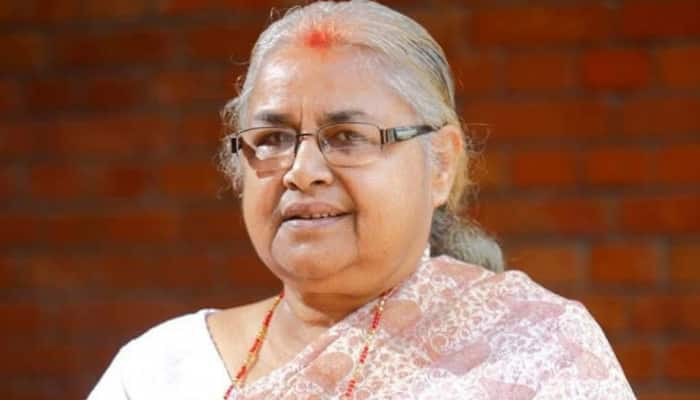Sushila Karki: From Nepal’s First Female Chief Justice to Potential Interim Leader

A Historic Figure in Nepal’s Judiciary
Sushila Karki, born in Biratnagar, made history as Nepal’s first and only woman to serve as Chief Justice of the Supreme Court.
Her remarkable journey from a modest farming family to the pinnacle of judicial authority has broken gender barriers in South Asia’s traditional judiciary system. Her career has been marked by significant rulings on citizenship rights, anti-corruption measures, and women’s empowerment.
Recent Political Developments
In a dramatic turn of events, Karki has been appointed to lead Nepal’s interim government following the overthrow of Prime Minister KP Sharma Oli by Gen Z protesters. She secured this position after receiving 31% of the votes in a virtual meeting of the protest group, narrowly beating Kathmandu Mayor Balen Shah’s 27%.
The Nepalese Army has assumed control of the country, and extensive discussions were held among protesters to select representatives for forming the interim government. Over 4,000 young people participated in an online virtual meeting where Karki emerged as the consensus choice to lead negotiations with the army and head the interim administration.
Legacy of Integrity
Throughout her career as chief justice and judge, Karki built a reputation as a just, brave, unbiased, and competent professional with zero tolerance for corruption, though she has handled several controversial cases involving ministers.
As Nepal searches for stability in the aftermath of the Oli regime’s collapse, Karki represents continuity, experience, and credibility. For the young protesters, her clean image and proven toughness against corruption stand in stark contrast to the discredited political class.
Educational and Professional Background
Karki holds a Master’s degree in political science from Banaras Hindu University (BHU), Varanasi, earned in 1975, and a Bachelor’s degree in Law from Tribhuvan University, Nepal. During her university years, she pursued diverse interests, including dance, before embarking on her legal career.
Future Implications
Karki emerges as an apolitical choice for the Prime Ministerial post in a country where youth are largely disillusioned with the ruling political elite. If approved, at age 73, she would make history as Nepal’s first woman Prime Minister.









